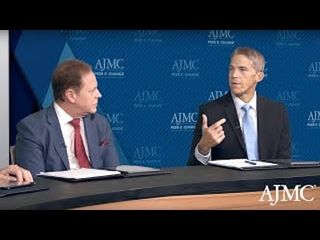
Insurance
Latest News

Video Series

Latest Videos
Shorts










Podcasts
CME Content
More News

Socioeconomic and demographic factors influenced amputation and recurrence rates in upper extremity soft tissue sarcoma.

In this week’s health equity news, ICHRAs may offer flexible health coverage options amid ACA subsidy uncertainties, and advocates rally for mental health funding stability.

With ACA subsidies in limbo, ICHRAs may reshape how Americans access coverage. Here are 5 FAQs explaining what they are, who benefits, and key trade-offs.

Trump's Great Healthcare Plan aims to lower drug prices, reduce insurance premiums, and enhance transparency, according to the White House.

President Donald J. Trump's health care overhaul during the first year of his second term reshapes Medicaid, vaccine policies, and drug pricing.

The House voted to extend the insurance subsidies under the Affordable Care Act (ACA), but the bill could face problems in the Senate.

GoodRx offers affordable access to oral semaglutide for weight loss through telemedicine, simplifying treatment options and pricing for consumers.

Medicare HIV cases are projected to double by 2035, with cumulative costs reaching $195.6 billion and creating critical challenges for federal funding.
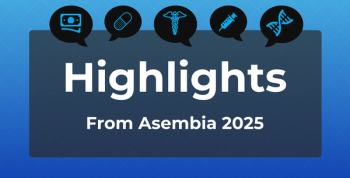
AI revolutionizes pharmacy by automating workloads, enhancing patient care, and navigating drug pricing challenges amid evolving federal policies.
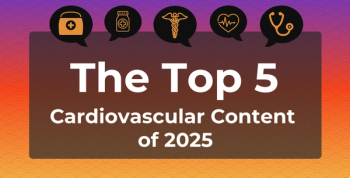
New treatments, care gaps, and cardiac monitoring were major focuses in cardiovascular news this year.
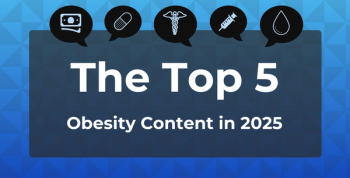
Our top 5 obesity articles of 2025 highlight GLP-1 prescribing trends, insurance coverage, co-pay caps, real-world use, and access challenges.
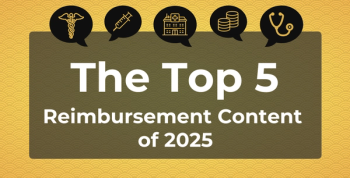
The most-viewed content focused on the “One Big Beautiful Bill,” the Most Favored Nation drug policy, and other changes under the Trump administration.
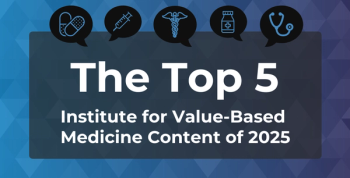
From oncology to cardiology, Institute for Value-Based Medicine® conversations highlighted the ways value-based care is reshaping access, equity, and outcomes.

A last-minute push to extend Affordable Care Act subsidies was stopped as GOP leadership prevented an expedited vote, leaving the future of the subsidies uncertain.

With ACA subsidies expiring, experts warn coverage losses could worsen access to behavioral health care and emergency department strains.

Recent political shifts impacting health policy and access to care for millions dominated the news in 2025.

Value-based care adoption in employer insurance requires replacing fragmented point solutions with unified, at-risk performance contracts that align vendors, providers, and members around total cost and quality goals.

Self-insured employers face regulatory challenges when adopting value-based contracts, requiring careful data governance, standardized metrics, and legal frameworks to align with federal value-based care models.

Employers struggle to define value from health care spending amid complexity and misaligned incentives. Achieving measurable outcomes requires transparency, incentive realignment, and gradual, employee-centered change.

Financial and social barriers hinder access to specialized care and impact treatment outcomes for adolescents and young adults with leukemia.

Most Medicare beneficiaries perceived low health care burdens, but 1 in 4 Medicare Advantage enrollees with at least 6 chronic conditions experienced high administrative and financial burdens.

As value-based care mandates expand, a new survey highlights documentation burdens and burnout risks.

Democrats move to extend ACA subsidies as enrollment closes, leaving consumers uncertain about premiums, coverage, and alternative health options.

In analyzing 2025 Transparency in Coverage (TIC) files from national insurers, the authors found vast payer-level differences; overall, physician/outpatient data were more complete, and hospital inpatient data were less complete.

Patients with stage I to IIIA NSCLC had lower 2- and 4-year mortality in states that expanded Medicaid coverage.





